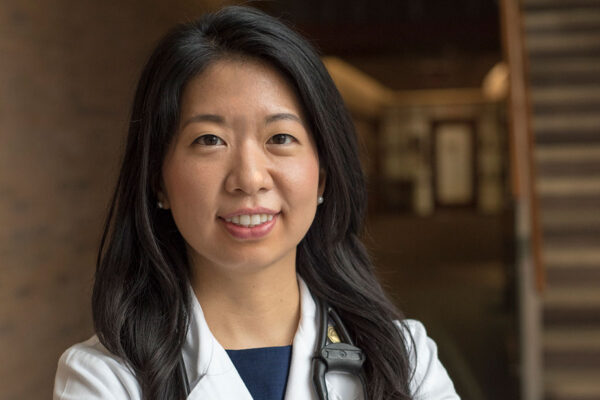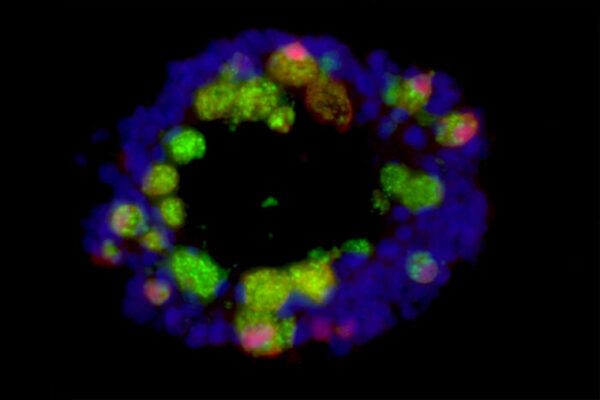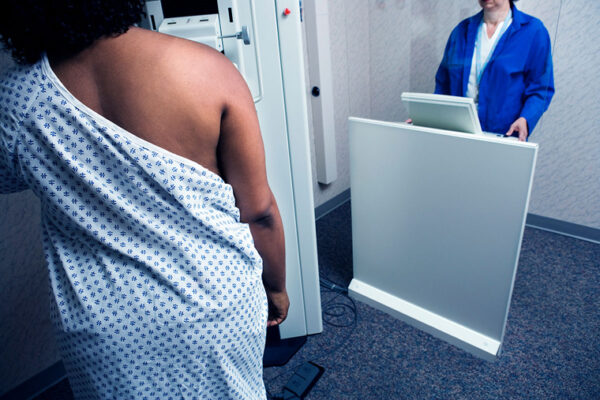Kwon named committee vice chair by epidemiology society
Jennie H. Kwon, DO, assistant professor of medicine at Washington University School of Medicine, has been named the vice chair for the Society for Healthcare Epidemiology of America Research Committee.
Western diet may increase risk of gut inflammation, infection
Eating a Western diet impairs the gut’s immune system in ways that could increase risk of infection and inflammatory bowel disease, according to a study from the Washington University School of Medicine and Cleveland Clinic.
Gordon study on childhood malnutrition honored for its impact
The Clinical Research Forum, a nonprofit association of top clinical research experts from the nation’s leading academic health centers, has awarded an international interdisciplinary team led by Jeffrey I. Gordon, MD, a Distinguished Clinical Research Achievement Award for his study “Integrating Global Health with the Microbiome.”
Alcohol problems severely undertreated
School of Medicine researchers have found that although the vast majority of people with alcohol use disorder see their doctors regularly, fewer than one in 10 ever get treatment to help curb their drinking.
Triple-negative breast cancer more deadly for African American women
A new study from Washington University School of Medicine shows that African American women with triple-negative breast cancer have higher mortality than white American women with this aggressive tumor. The investigators call for more research to understand the factors driving the disparities.
University joins NIH initiative to create diverse national biomedical data resource
The School of Medicine has joined the All of Us Research Program, a National Institutes of Health (NIH) initiative that seeks to recruit 1 million volunteers to build a detailed biomedical data resource that reflects the breadth and diversity of the U.S. population.
Researchers win NIH grant
Linda J. Pike and Alexander S. Holehouse, in the Department of Biochemistry and Molecular Biophysics at the School of Medicine, and Gary J. Patti, in Arts & Sciences and the School of Medicine, received a four-year grant totaling $1.45 million from the National Institute of General Medical Sciences of the National Institutes of Health (NIH).
WashU, Pitt awarded $10.7 million for Alzheimer’s disease research
A $10.7 million five-year grant will support a comprehensive study in which whole-genome sequencing will be used to address critical gaps in knowledge about Alzheimer’s disease. The project is led by researchers at Washington University School of Medicine and the University of Pittsburgh.
Finding alternatives to traditional antibiotics aim of $11 million grant
Researchers at the School of Medicine have received an $11 million grant from the National Institutes of Health (NIH) to find new ways to combat the growing threat of antibiotic resistance.
Darcy receives Gold Medal from interventional radiology society
Michael D. Darcy, MD, professor of radiology and associate professor of surgery at Washington University School of Medicine in St. Louis, has been awarded a Gold Medal from the Society of Interventional Radiology.
View More Stories








